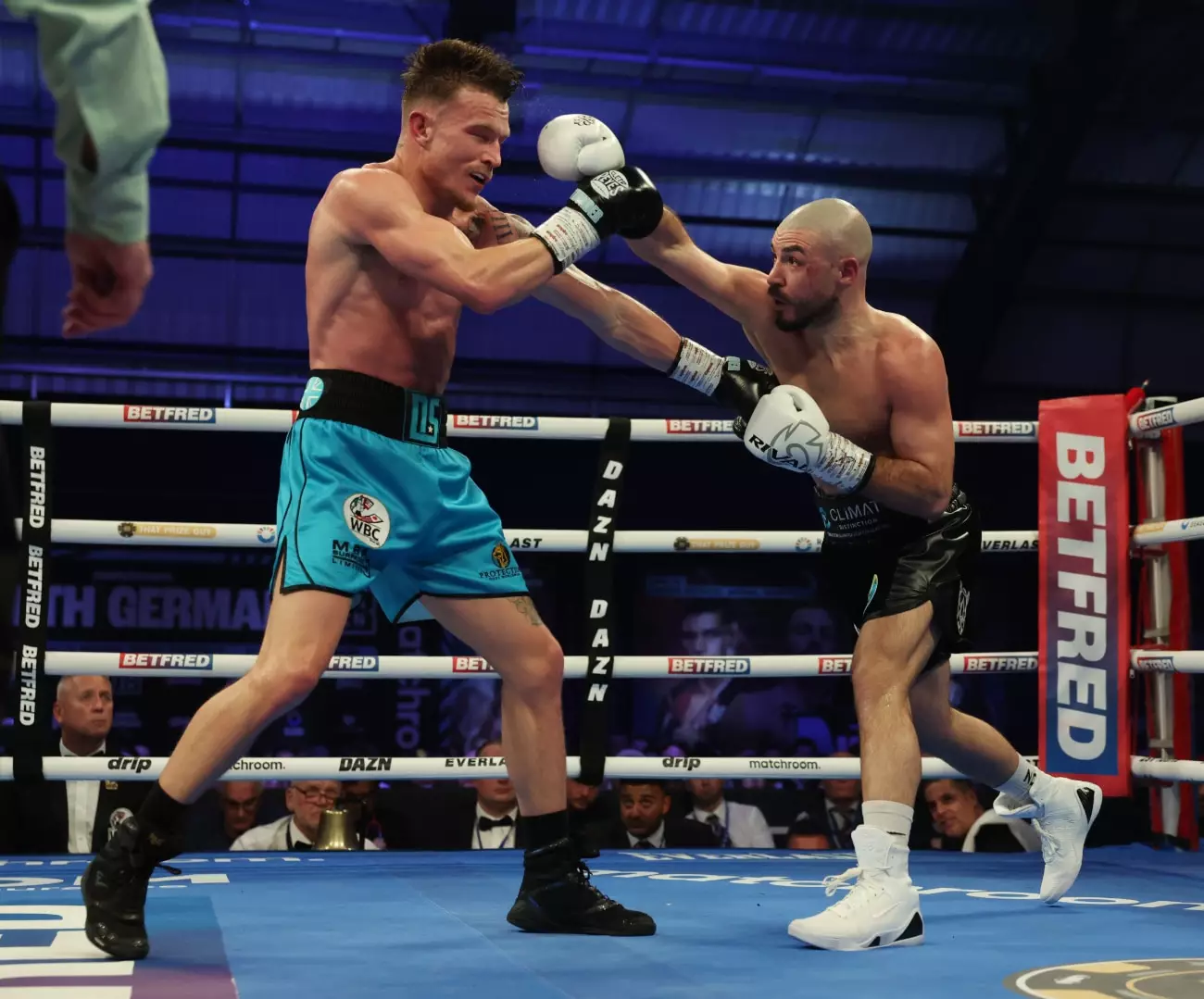In a rather one-sided bout, Dalton Smith (18-0, 13 KOs) showcased his formidable skills against Mathieu Germain (26-3-1, 11 KOs) at the Park Community Arena in Sheffield, England. Winning via a sweeping unanimous decision while knocking Germain down three times throughout the 12 rounds, Smith highlighted his size and strength advantage, factors that played a pivotal role from the opening bell to the final round. The fight served as a testament to Smith’s burgeoning potential in the welterweight division, but it also raised questions about the preparation he needs as he eyes world-class opponents.
The Limitations of Experience
Though Smith’s victory was convincing, it’s crucial to analyze the context behind it. Germain, while possessed of experience, was significantly outmatched in terms of size and power. The Canadian contender found himself relegated to a defensive stance, effectively limiting his options and strategy. His inability to counter Smith’s aggressive approach rendered him a shadow of his true self; Germain seemed to prioritize survival over competition. This fight underlined an essential fact: dominating weaker opponents doesn’t necessarily prepare a fighter for tougher challenges ahead.
The Case for Stronger Competition
Promoter Eddie Hearn has been strategically grooming Smith for a title shot, but a more calculated approach is needed moving forward. With the potential match against WBC light welterweight champion Alberto Puello looming, it becomes ever more critical that Smith transitions from his comfort zone of British and European fighters to more capable adversaries. Without this necessary experience, Smith may struggle against elite competition. A well-rounded fighter often learns more from challenging bouts than from an easy victory; hence, a clash with fighters like Oscar Duarte or Jamaine Ortiz would not only provide valuable experience but also expose areas of improvement.
Preparing for the Elite
The risks of fast-tracking a fighter are manifold, particularly when there is a lack of rigorous challenges to navigate. Smith’s current style reflects a straightforward approach, with basic techniques that, while effective against lower-tier opponents, may falter under the pressure from elite fighters. To evolve his game, he should engage in bouts that could push him—ones that require adaptability, resilience, and strategic depth. Diving headfirst into a title shot without this crucial groundwork might lead to swift downfall against someone of Puello’s caliber.
The Road Ahead
There is enthusiasm surrounding Dalton Smith’s journey, and rightly so—his raw talent is undeniable. However, the road to greatness requires more than just wins; it asks for preparation, foresight, and sometimes the willingness to face adversity. For both Smith and Hearn, ensuring that the future steps are aligned with personal growth and skill development is paramount. Without doing so, they risk stagnating his potential and inhibiting the rise of what could be a brilliant boxing career. As the fight community waits with bated breath, the march towards true competition awaits, and only time will tell if Dalton Smith is ready to step up and embrace the challenge.

